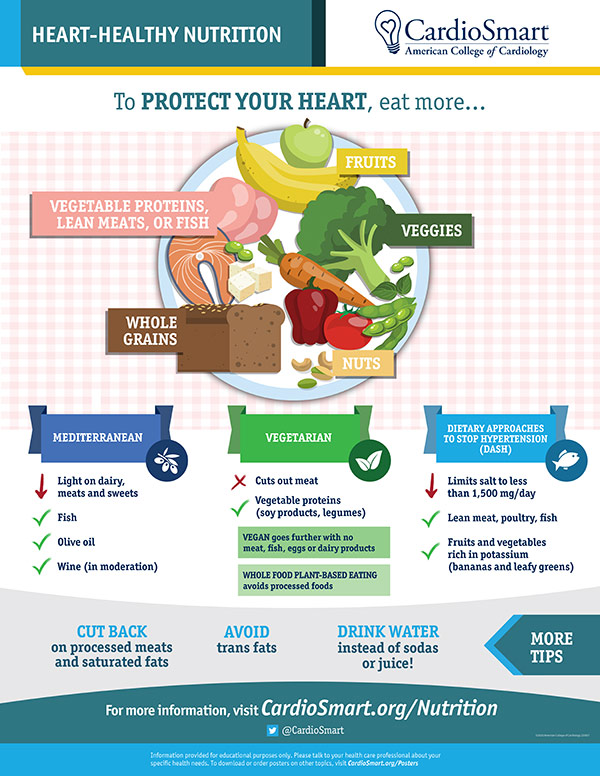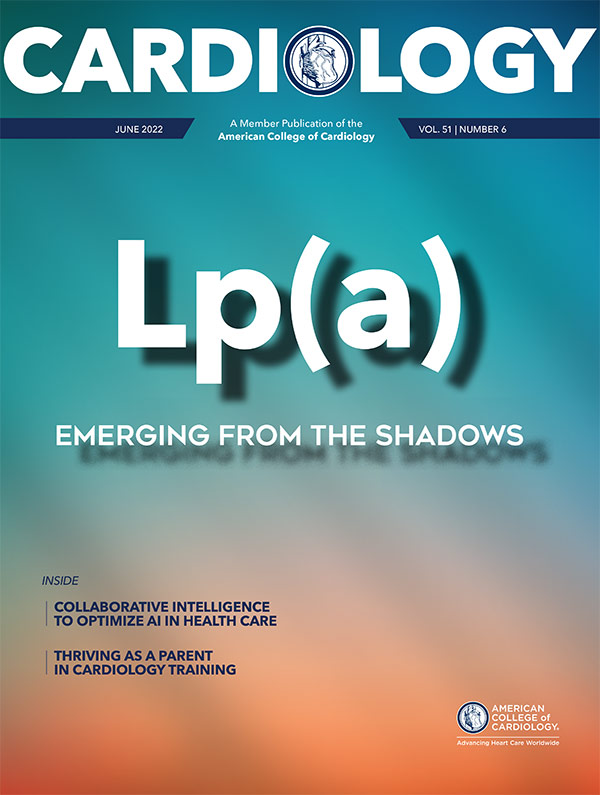Prioritizing Health | Getting at the ‘Guts’ of Precision Medicine

The concept of personalizing therapies to maximize benefits and minimize risk for patients was the impetus for ACC's recent Evolving Practice of Cardiovascular Precision Medicine one-day virtual conference.
Long the topic of futuristic discussions, the reality is that precision medicine offers tangible solutions to optimizing cardiovascular care and outcomes now. Ongoing breakthroughs with genomics, artificial intelligence and machine learning, along with new data showing improved patient outcomes with targeted, personalized care at the individual and/or population level, are evolving and changing how clinicians approach prevention and treatment of cardiovascular disease and related risk factors.
Making Progress For 'All of Us'
The National Institutes of Health (NIH) announced in March that nearly 100,00 highly diverse whole genome sequences are now available through its All of Us Research Program. Approximately 50% of the data is from individuals identifying as part of racial or ethnic groups historically underrepresented in research.
The genomic data is available via a cloud-based platform, the All of Us Researcher Workbench, which also contains information from many of the participants' electronic health records, Fitbit devices and survey responses, and links to data from the Census Bureau's American Community Survey. According to the NIH, the hope is that this combination of data "will allow researchers to better understand how genes can cause or influence diseases in the context of other health determinants. The ultimate goal is to enable more precise approaches to health care for all populations."
Geoffrey Ginsburg, MD, PhD, FACC, and Joshua C. Denny, MD, MS, shared updates from the program, particularly as they related to return of results to practitioners and the future of precision medicine with a focus on diversity and inclusion, as part of the ACC's Precision Medicine virtual meeting. "With the rise of biobanks and eventual return of genetic results through All of Us and other initiatives, it's imperative that cardiovascular practitioners know how to implement and process results," they said.
Click here to learn more about All of Us.
"While health care providers have overwhelmingly expressed interest in innovation and the transformation of medicine, most have had little to no exposure to the data, platforms, methods, and clinical applications that form the foundation of precision medicine," according to the meeting organizers, including Course Chairs Regina Druz, MD, MBA, MS, FACC, and Akl C. Fahed, MD, MPH, FACC. It is critical that clinicians become familiar with all the evolving aspects of precision medicine in order to deliver the best treatment(s) to each patient and/or patient group.
Understanding the microbiome is one emerging area of precision medicine – and a key focus during the Precision Medicine conference. The National Institute of Environmental Health Sciences (NIEHS), which is part of the broader National Institutes of Health, defines the microbiome as "the collection of all microbes, such as bacteria, fungi, viruses, and their genes, that naturally live on our bodies and inside us" and contribute to overall health and well-being.
The NIEHS and others are currently studying how environmental exposures like air pollution, stress, diet, exposure to pathogens or pesticides, and more may determine individual susceptibility to certain diseases. Additionally, others are looking at the impacts of diet and nutrition on the microbiome. In an aptly titled session – What's Gut Got To Do With It? – ACC Past President Kim Allan Williams Sr., MD, MACC, said the answer is "a lot." He stressed the need to talk with patients about the critical importance of improving their microbiome to reduce mortality associated with nutrition-related illnesses.
David Katz, MD, MPH, echoed this sentiment, saying: "What's good for us is good for our microbiome and vice versa." Key takeaways from his talk on the "Nutrition Kaleidoscope," included the fact that diet quality is the single leading predictor of mortality and chronic disease risk. He noted there are "many 'personalized' variants on a general theme of optimal eating for Homo sapiens."
Nutrition Information For Clinicians and Patients
Get the skinny on dietary guidelines, diets and dietary patterns, nutrition counseling and more with the CardioNutrition Podcast series. Access it at ACC.org/CardioNutrition.
Click here to download CardioSmart's Heart Healthy Nutrition infographic for patients and more nutrition resources.
To learn more about the ways precision medicine is getting personal, Click here to access the full course on-demand through Aug. 13.
Clinical Topics: Arrhythmias and Clinical EP, Cardiovascular Care Team, Diabetes and Cardiometabolic Disease, Prevention, Genetic Arrhythmic Conditions, Diet
Keywords: ACC Publications, Cardiology Magazine, National Institute of Environmental Health Sciences (U.S.), Precision Medicine, Cardiovascular Diseases, Artificial Intelligence, Biological Specimen Banks, Censuses, Cloud Computing, Cultural Diversity, Data Visualization, Diet, Healthy, Electronic Health Records, Goals, Population Health, Genomics, Microbiota, Risk Factors, Chronic Disease, Environmental Exposure, Health Personnel, Nutrition Policy, Surveys and Questionnaires, Machine Learning, Air Pollution, Delivery of Health Care, Counseling, Pesticides, Attitude, Bacteria, Viruses, Viruses, Fungi
< Back to Listings



